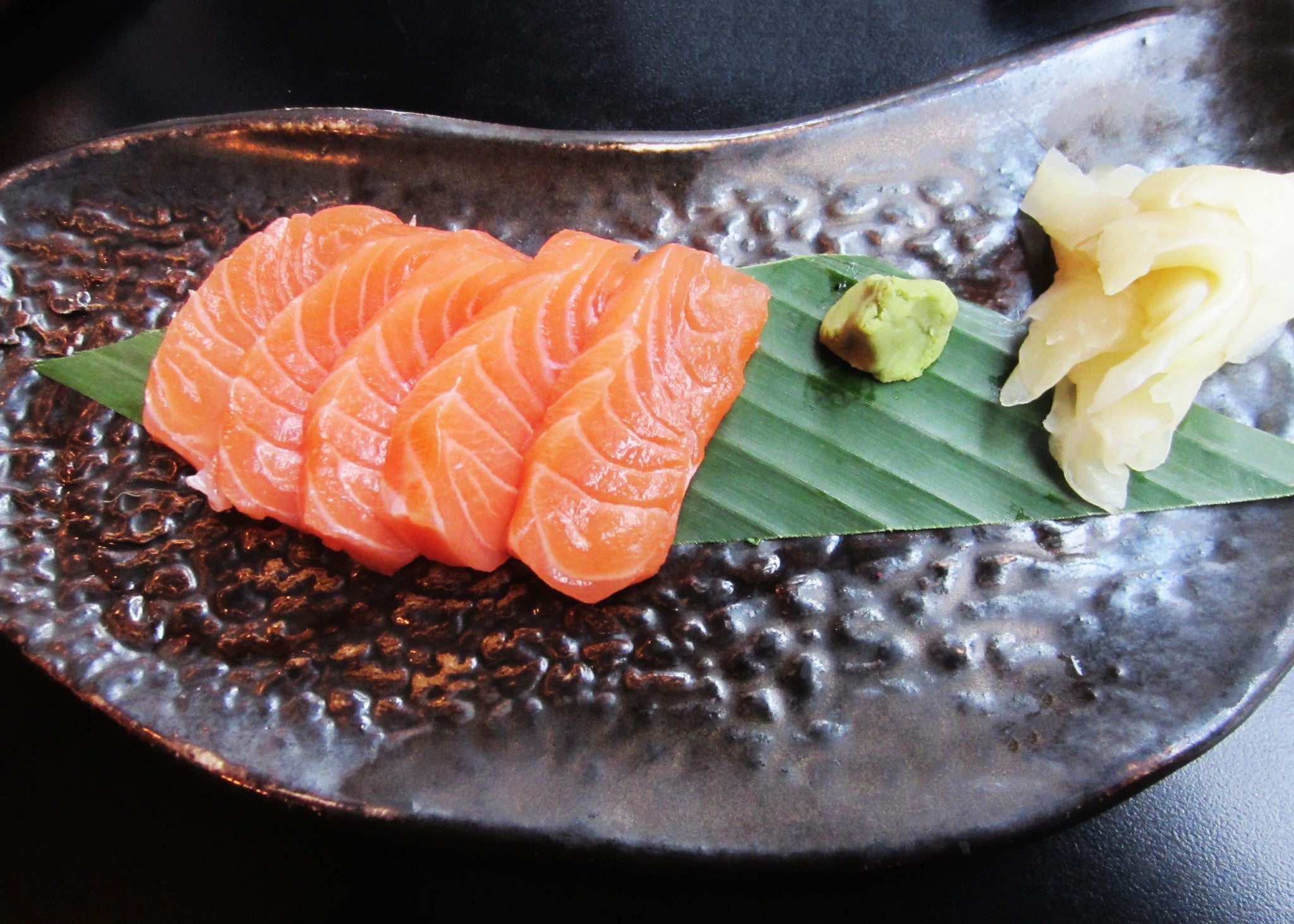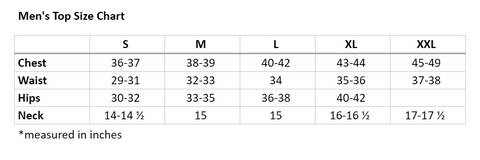
Where Cultural Creativity Comes From

My college roommate was from Jakarta, and he came to visit me for a week suddenly several years after we graduated, tacking on our reunion to the end of a swing through the USA. On such short notice, I wasn’t able to get time off from work, apart from leaving a little earlier and going in a little later. So, each weekday, I’d have to abandon him, sans car, at my little apartment. And, each day, he went and walked a mile and a half to the same quirky burger joint in my neighborhood I’d taken him to for welcome beers on the first night.
I pointed out partway through the week that we actually had a plethora of great restaurants in the neighborhood, including a few that served all varieties of incredibly spicy Asian food, which he and I would compete eating, trying to burn our tongues off in undergrad. Acknowledging this, he gave me an insight I remembered not because I fully understood it right then, but because I kept encountering the idea in so many places the more I traveled, including when I later visited him in Indonesia.
If you can afford to travel to a place, you can often afford at least one high-end meal there. While these can be truly incredible, I would recommend saving your money and eating at the spots the middle class likes to splurge at when the kids are screaming at them and they don’t have the time or focus to be creative with where they’re going or what they’re eating – they just need something everyone likes, and now. That’s what my old roommate found: he could get staples of international cuisine like oysters, roasted duck, foie gras, and sushi that was nearly as delicious as any in the world back home; he couldn’t get what he deemed “a decent burger”. Why?
Our hypothesis? Not enough people eat burgers there. There’s not the creative ferment you get when you’re surrounded by verdant farmland, tons of cows (or steers), and a culture and people who frankly love hamburgers, cheeseburgers, a scalding Jucy Lucy, or a heart-arresting butterburger, and buy them by the bushel. You don’t get the creative push and pull between each burger chef trying to tender their own twist to outpace the vast competition for local appetites.
I can find nasi goreng in my area, and it might even turn out to taste above-average to someone more discerning than me, but I’m almost positive it’s nothing like that at my ex-roomie’s favorite warung (if he even has one). I can eat good sushi here, and our local Philadelphia makizushi are probably as good as any (come on, we get cheese!), but it’s not the same as what you could get in a mid-sized fishing town halfway up the train route from Tokyo to Aomori.
That’s no huge revelation, once you watch for it. But I kept seeing it in other aspects. A culture needs participation and innovation to remain alive. It’s often not owned by a person or a subgroup, dictating what is or is not a part of it. It’s very often just what everyone’s, well, just doing. It isn’t necessarily what they used to do, or what they cherish, though these inform it; it’s what they are. It’s what you yourself are a part of.
When you stay in a house built for someone who has had some say in making it how they want – an abode which reflects the tastes of its owner – who grew up, built, and furnished that house a half a world away from where you grew up, the differences are profound. It was what initially fascinated me on my formative first trips. Why would anyone ever want two faucets for one sink? Why would anyone not want to sit down on their toilet? Where’s the drywall, or the insulation? We all start our lives provincial, and we probably all end them mired in another sort of provincialism. But I believe that that’s what allows things to be new. When you stay in a place with unfamiliar fixtures, they almost insist on a deeper understanding of how one culture has chosen to cope with its environ.
It’s this combination of finding things done differently, sometimes better (and sometimes worse), with finding other things done the exact same way that helps tease apart the necessities and the affectations of being human.
Leave a comment
Comments will be approved before showing up.
Also in Discover





